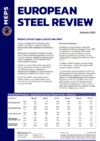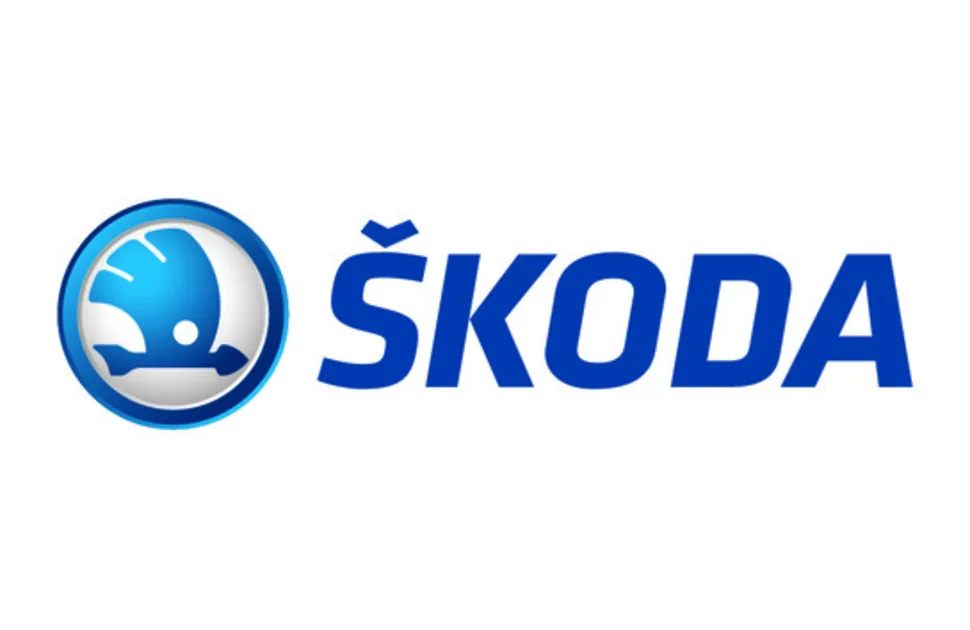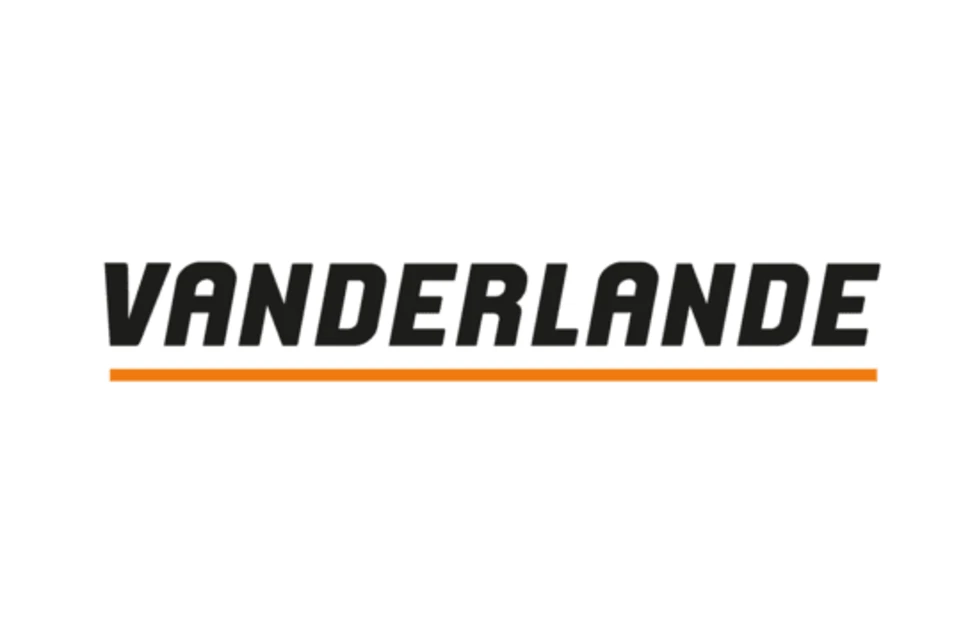Government intervention key to UK market recovery
Weak demand continued to supress steel prices in the United Kingdom as the nation’s government stepped in to provide financial support to another struggling steelmaker, this month.
Ministers assumed responsibility for the costs of Liberty Steel UK’s Speciality Steel division after the High Court ordered the compulsory liquidation of the steelworks, in Stocksbridge and Rotherham, South Yorkshire. The situation further highlighted challenges faced by a UK steel sector where Jingye Group-owned British Steel has been under state control since its near-closure in April.
Sheffield Forgemasters has been operated by the Ministry of Defence since it was nationalised in July 2021. Meanwhile, Tata Steel UK is currently reliant on imports to fulfil its customer requirement as it proceeds with its GBP1.25 billion transition to EAF-based production. That project, at the steelmaker’s Port Talbot site, in South Wales, is being part-funded by a GBP500m government grant.
During MEPS’s latest research period, speculation grew about a potential plan to either sell-off the mills now under UK government control as one entity or nationalise their operations. However, discussions at September’s UK Metals Expo highlighted that changes would need to be made to government policy to ensure that the country’s steelmakers are competitive.
- This article first appeared in MEPS International's European Steel Review. The monthly Review features steel prices, indices, commentaries and forecasts covering Belgium, France, Germany, Italy, Spain and the United Kingdom. Contact MEPS for details of how to subscribe.
Around 70% of the UK’s steel requirements are currently met by imports. In the EU, the market share of imports is 27%. Nonetheless, Eurofer is lobbying for stricter trade defences from January 1 – six months ahead of the expiry of the existing safeguard measures.
UK solution must extend beyond trade defences
As in the EU, the UK government has conducted a consultation on what form the replacement for its current import safeguard measures should take, ahead of their expiry at the end of June 2026. A UK CBAM will also be introduced in 2027.
The UK’s importers argue that the nation’s steel-consuming end-users need access to low cost third-country material to remain competitive. Steelmakers want more import restrictions. However, those representing the sector at the UK Metals Expo agree that the UK government’s forthcoming Steel Strategy will need to do more than increase trade defences.
As Tata Steel transitions towards EAF-based production, adding to the UK’s existing EAF capacity at Sheffield Forgemasters and the idled operations at Speciality Steels and Liberty Steel’s site in Rotherham, South Yorkshire, UK steelmakers assert that the cost of energy must be addressed.
Trade association UK Steel’s September research into electricity prices shows that British industrial electricity prices remain 25% higher than those in France and Germany. Consequently, the association claims that UK steel producers are paying over £26m more than their continental counterparts each year.
Demand remains steel sector participants’ core concern
Domestic steelmakers also need a stronger local market. The S&P Global UK Manufacturing PMI fell to 47.0 in August, from 48.0 in July as the HCOB Eurozone Manufacturing PMI edged towards 50, rising from 49.5 to 49.8. A score above 50 indicates growth in a sector.
Although the S&P Global UK Construction PMI rose to 45.5 in August, the previous month’s 44.3 was its lowest level in five years. Furthermore, representatives from British Steel told the UK Metals Expo that emissions standards were barring material produced via the blast furnace route, in Scunthorpe, from use in domestic developments.
Despite subdued economic indicators, some large orders are sustaining UK steel demand. A GBP10 billion contract to supply Type 26 naval frigates to Norway and a USD45 million US military contract for JCB were among recent successes.
However, these deals only benefit a limited number of specialist suppliers. MEPS’s latest research shows that businesses further down the supply chain are suffering the effects of the continued demand slowdown. August brought the closure of service centre C. Brown & Sons. In the near term, the sales of stock from this business could introduce more supply into a market where a shortfall in demand remains the most significant challenge.

Source:
European Steel Review
The MEPS European Steel Review is an informative, concise and easy-to-use monthly publication, offering unique professional insight into European carbon steel prices.
Go to productRequest a free publication





